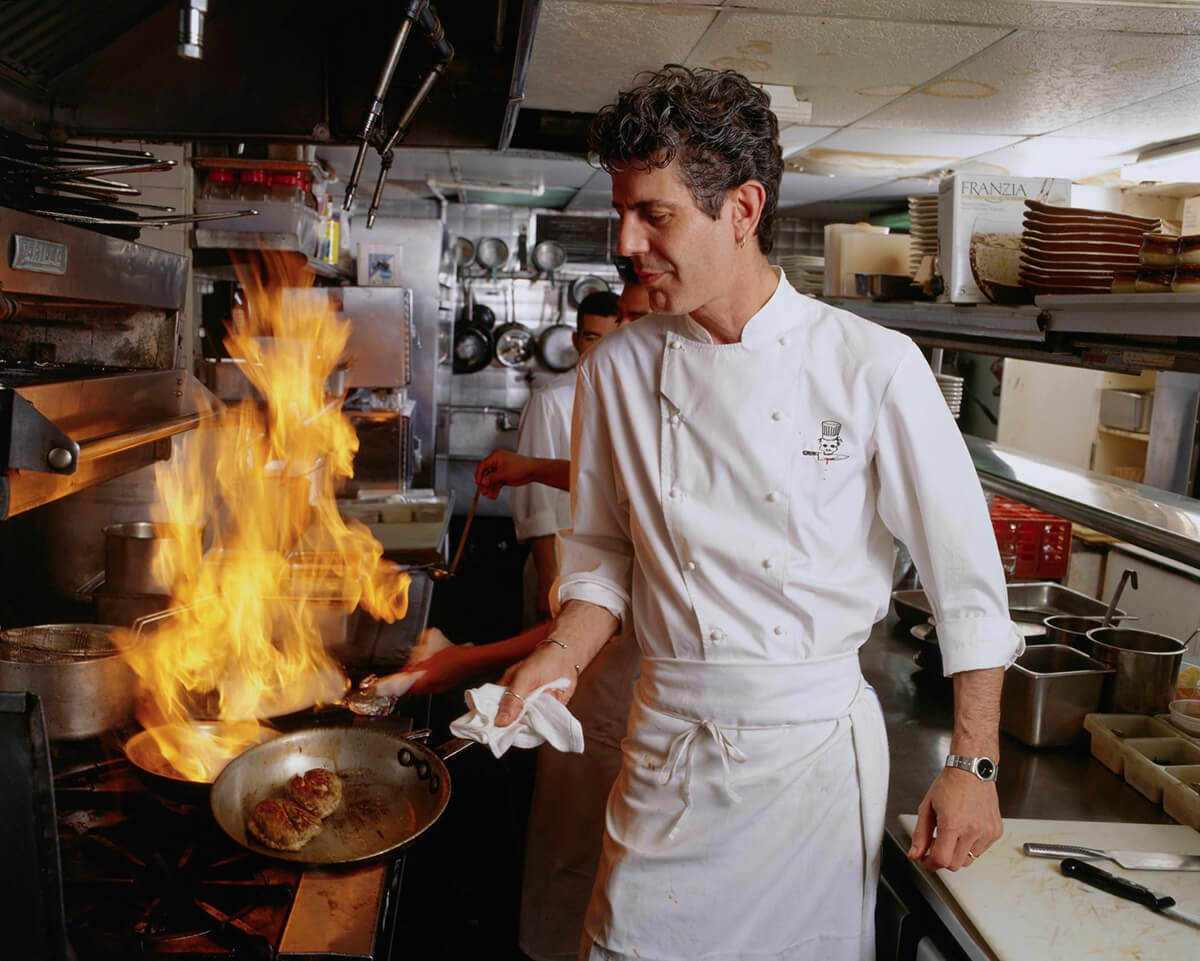I was finishing up the late Anthony Bourdain’s Kitchen Confidential the other day when I came across this section from the chapter ‘A Day In The Life’:
”At various times during my labors, I manage to conduct two clandestine meetings out on the street: agent reports on the activities of the previous night (after my departure). I'm investigating the grill man incident from the manager's log. Nothing earth-shaking. I have another brief encounter near the liquor room with someone who gives me the latest gossip from our Miami store and a rundown of latest developments at Le Marais, our sister restaurant on 47th Street, as well as some speculation about imminent moves by upper management and ownership. Again, nothing I don't know or assume already. I like my bosses — and think they like me — so it's really only curiosity, not paranoia, that keeps me collecting and analyzing information from our distant outposts and conference rooms. Also, I like to hear different accounts of the same incident from different sources. It adds perspective and reveals, sometimes, what a particular source is leaving out, or skewing to leave a particular impression, making me wonder: Why? I like to tell selected people things in supposed confidence a few times a week, for fun. Later, when it comes back to me it provides an interesting road map of data transfer, a barium meal, revealing who squeals and to whom. There are a number of interesting variations on this practice-feeding false information to a known loudmouth, for instance, with a particular target in mind. A lot of what I hear is utterly useless, untrue and uninteresting. But I like to keep myself informed. You never know what might prove useful later.”
I laughed. Bourdain was a manager! I recognised the mindset immediately, even if Bourdain’s day was nothing like mine; he sneaked this paragraph into a long chapter filled with dish planning and ingredient prep and putting sautè pans onto Garland six-burners and yelling into phones and dealing with the onslaught of orders during the lunch hour.
Chefs might not have time to do one-on-ones, and line cooks aren’t knowledge workers. And yet the principles of management remain the same: you want to know what’s going on in your organisation. You don't want to be surprised.
And so managers do similar things to get the information they need: they cultivate friends in far-off places in the org chart, and arrange to have 'accidental' meetings with them — in the hallway, by the snack bar, over lunch. I made it a point to always have a friend in sales, despite being in engineering management; whenever I was in Singapore I'd stop by the front office to pal around and chat. And it was almost always worth it: my friend would tell me something about upcoming clients, or competitors undercutting us, or some big client my boss wanted to land but had forgotten to tell the Vietnam office — which I'd bring up, naturally, the next time I saw him.
The more you know, the less likely you’ll be surprised, the better you’ll be able to serve your team. And it was a real fun seeing that this was as true in the kitchen as it was in the office.

